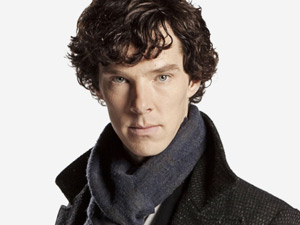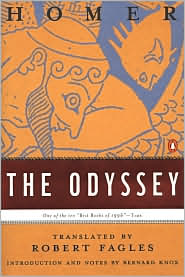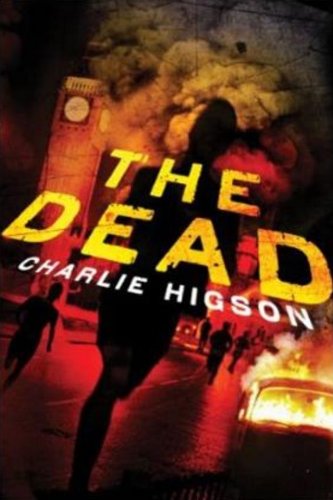One of the biggest new drama hits of last year on UK TV was a modern reworking of Sherlock Holmes, starring Benedict Cumerbatch as Holmes and the soon-to-be-Bilbo-Baggins, Martin Freeman as Dr Watson. It was a lot of fun, very stylish, and managed to reinvent a lot of the stuff from the original books in a satisfyingly modern way – right down to Watson being a retired army medic freshly returned from Afghanistan. This was Sherlock Holmes with mobile phones, the internet and nicotine patches instead of a pipe (a really sticky case would be a ‘3 patch’ problem).
I always have a slight problem with projects like this, however. There’s an irritating little voice nagging away at the back of my mind. It goes something like this… How come nobody in the show says to Sherlock ‘Hey, you’re called Sherlock Holmes, just like the guy in the books, and you’ve got a friend called Doctor Watson! What are the chances of that?’ Sherlock Holmes, in any modern adaptation, has to live in a parallel universe where Conan Doyle never wrote the original books. It’s one of the suspensions of disbelief we are always faced with when engaging with fiction. It’s the same with soaps – why do none of the characters do what everybody else in the country does – i.e. watch soaps?
 |
| Benedict Cumberbatch as Sherlock Holmes (digitalspy.com). |
You are faced with the same problems if you put classical allusions in a story, or have echoes of classics from the past. No one, for instance, says in West Side Story (or indeed in any of the other countless retellings of Romeo and Juliet) “Hang on a minute, this is exactly like Romeo and Juliet. We’d better stop all this nonsense before someone gets hurt.” And I must confess I have never read James Joyce’s Ulysses, but perhaps one of you literary types reading this can confirm, it never strikes Leopold Bloom that in some weird way he is acting out the story of the Odyssey on the streets of Dublin.
I’ve always loved the Greek myths. I devoured them as a kid, studied them at school, and still go back to them for inspiration. They contain the templates for just about every modern story you can tell (I’m talking exclusively about western culture here, of course). Anything that involves a bunch of characters setting out on a quest has to be influenced by Jason and the Argonauts or the Odyssey. Any war story about a large bunch of heroes has to be influenced by the Iliad. Homer covered just about every variety of hero you can imagine, and set the mould. Be it pure, honest but doomed Hector, devious womanizing Paris, strong but stupid Ajax, vain but (nearly) invincible Achilles, wily Odysseus, Menelaus, fighting to get his kidnapped woman back…They are all there. I’ve put a few references in my Enemy series to the Trojan wars. I have also borrowed Homer’s tactic of using epithets - Quick shorthand descriptions of the characters so that you can keep track of who they are (red-haired Odysseus for example).
Don’t worry, you don’t have to have studied the classic to get any of this. It doesn’t take a modern day Sherlock Holmes to spot that one character – a vain but nearly invincible warrior – is conveniently called Achilleus, and reasonably bright kids should spot a clever red-haired character called Ollie. The problem is that I can’t pretend that the Greek myths don’t exist, and that some of the characters in the books might well be familiar with them. It’s the elephant in the living room. I’ll just have to front it out. I’m not going to go so far as having Achilleus killed by an arrow to the heel - I don’t think I can even risk giving him a sprained ankle - but there will be elements of his story that mirror the legendary Achilles.
I’m not too bothered how many of my readers spot the classical references. Some kids have noticed them and enjoyed them. I’ve mainly used them to make my life easier. The best writers steal ideas – but they only steal them from the greats. And, for me, Homer was the greatest.




Great guest post - this line cracked me up especially: "Hang on a minute, this is exactly like Romeo and Juliet. We’d better stop all this nonsense before someone gets hurt."
ReplyDelete